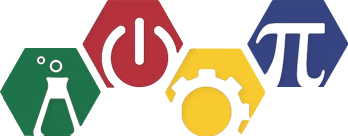Date
Having a negative attitude toward science plays a major factor in elementary teachers avoiding teaching science in elementary school. This mixed methods study examined changes in pre-service elementary teachers’ (PSETs) attitudes toward teaching science. PSETs (n=59) engaged in a semester-long university course in the Southeastern United States. The course focused on demonstrating and applying knowledge of scientific concepts and inquiry-based teaching. PSETs took a Dimension of Attitudes toward Science (DAS) questionnaire before and after the course. Six of the PSETs were interviewed in a focus group and asked how the course impacted their attitudes toward science. Data were analysed quantitatively through frequency of responses and mean values. Qualitative analysis was done through concurrent triangulation design analysis of focus group interviews and survey responses. Results show that PSETs had more positive attitudes toward science in feelings attached to teaching science and their confidence in teaching science. Follow-up focus group interviews indicated that some of the PSETs highlighted verbal persuasion, the Cognitive Pedagogical Mastery (CPM) experience of engaging in hands-on activities, and the Cognitive Content Mastery (CCM) experience of using learning technologies as factors in positive changes in self-efficacy and feelings toward teaching science. Implications for PSETs methods courses are discussed

